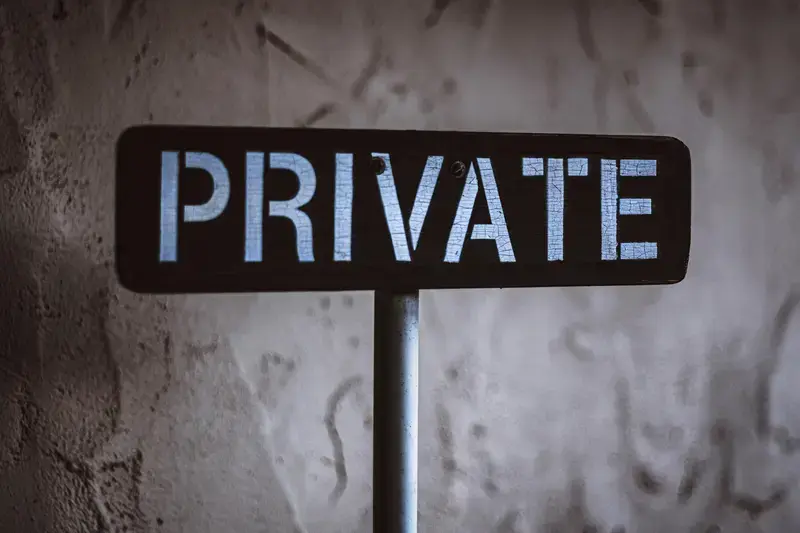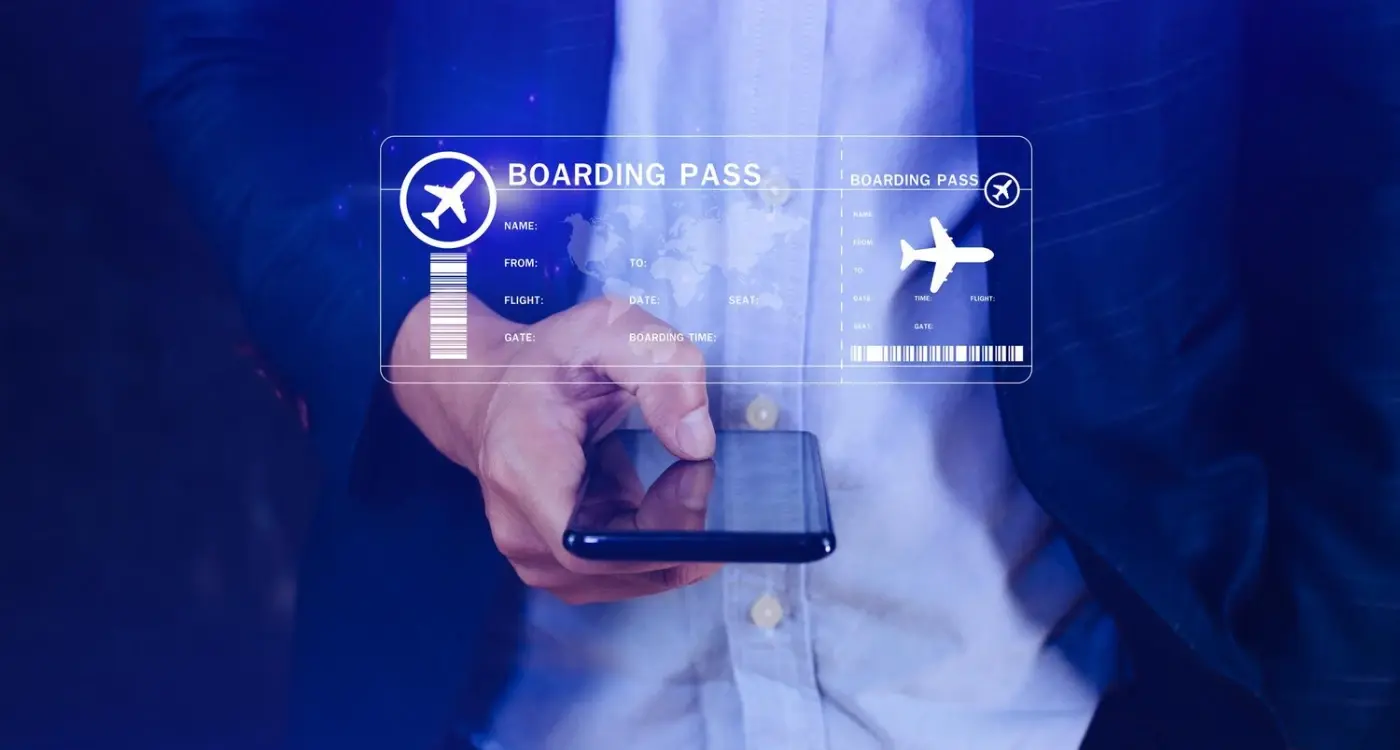How Long Does It Take To Get My App Security Certified?
Did you know that 88% of mobile apps fail security assessments on their first attempt? That's right—nearly 9 out of 10 apps need to go back to the drawing board before they can get their security certification. This statistic alone shows just how complex the mobile app compliance process can be, and why understanding the validation timeline is so important for anyone planning to launch an app.
When I first started working with clients on app security certifications, I was amazed by how many people assumed it would be a quick tick-box exercise. "Surely it can't take that long?" they'd ask. But the reality is quite different. Getting your mobile app security certified isn't just about running a few tests—it's a comprehensive process that involves multiple stages, detailed documentation, and thorough technical validation.
The biggest mistake app developers make is treating security certification as an afterthought rather than building it into their development timeline from day one
The good news is that with proper planning and understanding of what's involved, you can navigate this process more smoothly. Throughout this guide, we'll break down each stage of the certification journey, from initial assessments to final approval, giving you realistic expectations about timelines and helping you avoid the common pitfalls that cause delays.
What Is Mobile App Security Certification
Mobile app security certification is basically a way to prove that your app meets certain safety standards—think of it as getting a gold star for keeping user data safe. When you get your app certified, you're showing users, app stores, and business partners that you've taken the proper steps to protect sensitive information like passwords, payment details, and personal data.
The process involves having independent experts test your app against established security frameworks. These might include standards like OWASP Mobile Top 10, ISO 27001, or industry-specific requirements if you're building something for healthcare or finance. The testers will poke and prod your app, looking for vulnerabilities that hackers might exploit.
Why Bother Getting Certified?
I'll be honest—certification isn't always mandatory, but it's becoming more important each year. Some enterprise clients won't even consider your app without proper certification. App stores are getting stricter about security requirements too. Plus, if something goes wrong and user data gets compromised, having certification shows you took reasonable precautions.
What Does the Certificate Actually Cover?
The certification covers things like data encryption, secure communication between your app and servers, user authentication, and code quality. It doesn't mean your app is 100% hack-proof—nothing is—but it shows you've followed best practices and addressed the most common security risks.
Understanding Different Types of Security Standards
When people ask me about mobile app security certification, I often see their eyes glaze over when we start talking about standards. There are quite a few different ones out there, and frankly, it can be confusing to know which one your app needs. The good news is that most standards fall into a few main categories, and once you understand these, the compliance process becomes much clearer.
The most common standards you'll encounter depend on your app's purpose and the data it handles. If you're processing payments, you'll need to meet PCI DSS requirements. Healthcare apps must comply with HIPAA regulations, whilst apps handling personal data need to follow GDPR guidelines. Then there are broader security frameworks like ISO 27001 and OWASP Mobile Top 10 that apply to most applications.
Industry-Specific Standards
Different industries have their own security requirements, and the validation timeline can vary significantly between them:
- Financial services apps must meet PCI DSS and often additional banking regulations
- Healthcare applications require HIPAA compliance and sometimes FDA approval
- Government apps need to follow specific national security standards
- Education apps must comply with student privacy laws like FERPA
Start by identifying which standards apply to your specific app early in development—this will save you months during the certification process later on.
The key thing to remember is that most apps don't just need one standard; they often need to meet multiple requirements. Planning for this from the start makes the whole process smoother and keeps your validation timeline predictable.
The Pre-Certification Assessment Phase
Before you can even think about getting your app security certified, you need to understand exactly what you're dealing with. This pre-certification assessment phase is where most people get their first reality check about timelines—and trust me, it's better to know now than be surprised later.
The assessment starts with a simple question: which certification standard does your app actually need? Sounds straightforward, but I've seen countless clients assume they need one type of certification when they actually need something completely different. Getting this wrong at the start can add weeks to your timeline.
What Gets Assessed
During this phase, certification bodies will examine your app against specific criteria. They're not just looking at your code—they want to understand your entire security posture. This includes your development processes, data handling procedures, and even how your team manages security updates.
- Current security controls and measures
- Data flow and storage practices
- Authentication and authorisation systems
- Third-party integrations and dependencies
- Incident response procedures
Timeline Expectations
The assessment phase typically takes 1-3 weeks, depending on your app's complexity and how prepared you are. Apps with extensive third-party integrations or complex data flows will naturally take longer to assess. The key is having your documentation ready—something we'll cover in the next chapter.
Documentation and Evidence Gathering Requirements
Right, let's talk about the paperwork—and there's quite a bit of it! When you're getting your mobile app security certified, you'll need to gather loads of documentation to prove your app meets all the required standards. Think of it as building a case file that shows exactly how your app works and why it's secure.
What Documents You'll Need
The certification bodies will want to see your app's architecture documentation, security policies, and code review reports. You'll also need to provide evidence of penetration testing, vulnerability assessments, and how you handle user data. Don't forget about your privacy policies and terms of service—these need to be crystal clear and compliant too.
Getting all your documentation organised early in the compliance process can save you weeks during the validation timeline
Making the Process Smoother
Here's what I've learned over the years: start collecting this stuff early. Really early. The moment you begin developing your mobile app, create a folder and start dropping in technical specs, security assessments, and any third-party audit reports. Trust me, scrambling to find a security report from six months ago isn't fun when you're under pressure to get certified quickly.
The Technical Testing and Validation Process
Right, let's talk about the bit that makes most people nervous—the actual testing phase. This is where the certification body takes your app apart piece by piece to check it meets all the security standards. No shortcuts here, I'm afraid!
The technical testing usually happens in two main stages. First comes automated scanning, where specialised tools probe your app for common vulnerabilities like weak encryption or data leaks. Think of it as a very thorough security check that runs 24/7 until it's found everything it can. Then comes manual testing—this is where real security experts get their hands dirty, trying to break into your app using methods that automated tools might miss.
What Gets Tested
- Data encryption and storage methods
- User authentication systems
- Network communication security
- Permission handling and access controls
- Code quality and vulnerability scanning
- Third-party library assessments
The whole process typically takes between 2-6 weeks, depending on your app's complexity and how many issues they find. Each problem needs fixing and retesting—that's where delays creep in. The good news? Most certification bodies provide detailed reports explaining exactly what needs fixing, so you're not left guessing.
Common Delays and How to Avoid Them
After years of helping clients through the mobile app security certification process, I can tell you that most delays come down to one thing—preparation. Or rather, the lack of it! The biggest culprit? Incomplete documentation. When certification bodies request your security policies, data handling procedures, and technical specifications, they want everything to be crystal clear and comprehensive.
The validation timeline gets stretched when teams submit documentation that's missing key details or doesn't align with the testing evidence. I've seen projects delayed by months because a simple privacy policy didn't match the actual data collection practices in the app. Another common stumbling block is underestimating the technical testing phase. Many teams assume their app is ready, only to discover app vulnerabilities that need fixing before moving forward.
Setting Realistic Expectations
Communication gaps with certification bodies can also slow things down significantly. When auditors ask for clarifications and there's a delay in response, the entire compliance process grinds to a halt. The key is building buffer time into your project timeline—expect the unexpected and plan accordingly.
Start gathering your documentation at least 4-6 weeks before you plan to submit for certification. This gives you time to identify gaps and address them properly.
Proactive Planning Pays Off
Regular check-ins with your development team about security implementation can prevent last-minute surprises. Trust me, discovering a major security flaw during certification testing is not fun for anyone involved!
Working with Certification Bodies and Auditors
I'll be honest with you—working with certification bodies can feel like speaking a completely different language at first. These are the organisations that actually review your app and decide whether it meets the security standards you're aiming for. Each one has its own way of doing things, and getting to grips with their processes early on will save you weeks of back-and-forth later.
The key thing to understand is that auditors aren't there to catch you out. They're specialists who spend their days reviewing security implementations, and they've seen every mistake in the book. When they ask for clarification or additional documentation, it's not because they're being difficult—it's because they need to be absolutely certain your app meets the required standards.
What to Expect During the Review Process
Most certification bodies will assign you a lead auditor who becomes your main point of contact. This person will guide you through their specific requirements and timeline. The review typically happens in stages, with opportunities to address any issues before the final assessment.
- Initial document review and gap analysis
- Technical testing phase with preliminary findings
- Remediation period for any identified issues
- Final assessment and certification decision
Building a Good Working Relationship
Communication is everything when working with auditors. Respond to their queries quickly and thoroughly—even if you don't have the complete answer yet, acknowledge their request and give them a realistic timeline. The auditors I've worked with appreciate transparency; if something isn't ready or you're struggling with a particular requirement, tell them straight away rather than hoping they won't notice.
Conclusion
After working with countless businesses through their mobile app security certification journey, I can tell you that the validation timeline isn't something you can rush—but it's definitely something you can plan for properly. Most apps will need anywhere from 3-6 months to complete the full compliance process, though this can stretch longer if you hit unexpected snags along the way.
The key thing I've learned is that preparation makes all the difference. Apps that sail through certification are the ones where teams have done their homework early; they've mapped out which standards they need to meet, gathered all their documentation before testing begins, and worked closely with their chosen certification body from day one. The apps that struggle? They're usually the ones trying to bolt security on at the last minute.
Your mobile app's security certification timeline will depend on your specific circumstances—the complexity of your app, which standards you're targeting, and how well prepared you are when you start. But with proper planning and realistic expectations, you can navigate this process successfully without derailing your launch plans. The investment in time and effort pays off when users trust your app with their data.
Share this
Subscribe To Our Learning Centre
You May Also Like
These Related Guides

How Does GDPR Apply to My Mobile App?

How Can I Keep My Travel App Safe and Legal?



